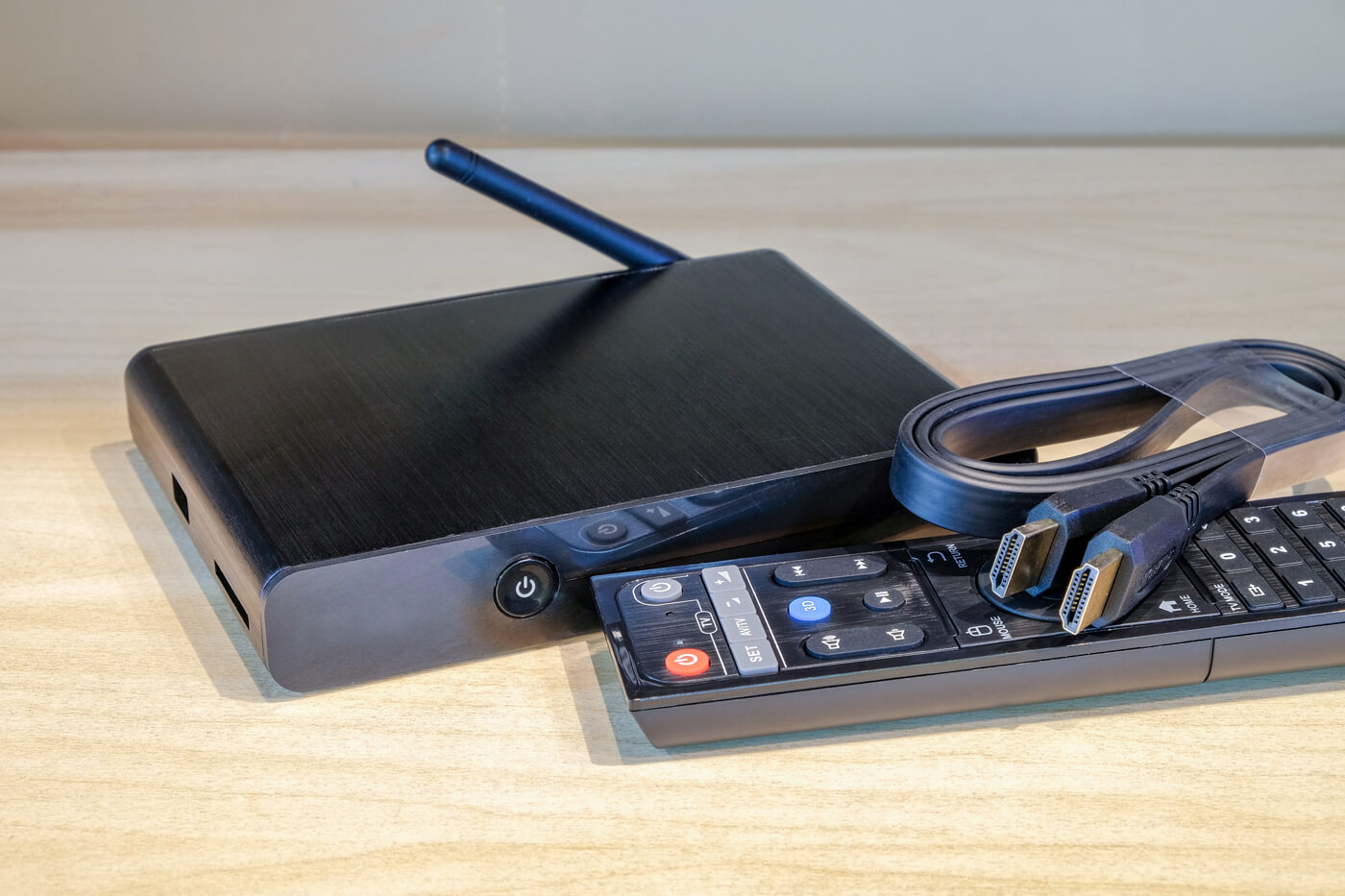In brief: Netflix is growing even faster now that social distancing and staying at home are imperative for tackling the coronavirus pandemic. Broadcom saw less sales of TV set top boxes as a result, so it's suing for patent infringement.
Big streaming platforms like Netflix are benefitting from the coronavirus pandemic that's keeping more and more people indoors, which results in many being glued to their screens for hours on end. And since the average household now pays more for cable than it does for all utilities combined, there might be a surge in subscribers for Netflix, Hulu, Disney+, and Amazon Prime Video as a result.
However, it turns out that Broadcom - a silicon giant - is actually more upset about this development than traditional media companies that will inevitably bleed some customers who are looking to reduce their costs.

The chipmaker has sued Netflix for allegedly infringing on eight patents that cover video playback and data transfer technologies. The company believes that "as a direct result of the on-demand streaming services provided by Netflix, the market for traditional cable services that require set top boxes has declined, and continues to decline, thereby substantially reducing Broadcom's set top box business."
Apparently, Broadcom notified Netflix about this in September 2019 but the latter refused an invitation to negotiate a deal for licensing the former's patents. The tech giant says the content delivery network used by Netflix relies on load balancing techniques and smart playback software, and video encoding subtleties, which are covered by a number of patents dating as far back as 2000.
As noted by Variety, this isn't the first time Broadcom has gone this route. In 2017, the chipmaker sued LG, Vizio, and other smart TV manufacturers as well as rival Mediatek for patent violations, but found no success.
Broadcom is no stranger to patent infringement, but more importantly it has a worrying history of predatory pricing and exclusivity deals on modems and set top boxes that are the subject of an antitrust probe in the EU. Now it's blaming Netflix for putting a dent in sales of Broadcom chips by developing streaming technologies that allowed it to scale to over 167 million subscribers, which is going to be a difficult case.
TV box by FeelGoodLuck.
